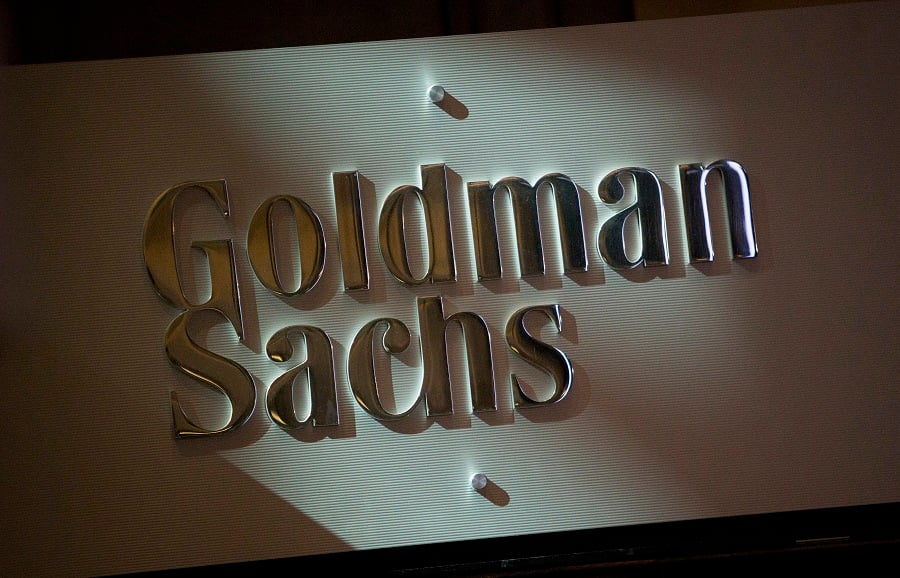

Two of Wall Street’s most prominent investment banks are removing some of the final hurdles to fully returning to offices following the Covid-19 pandemic.
Goldman Sachs Group Inc., which led Wall Street’s return to Manhattan towers by pushing employees to resume regular commutes last year, and Morgan Stanley both told staff that they will ease some of their remaining Covid-19 mitigation efforts after the Labor Day weekend.
Goldman will let employees outside New York enter offices regardless of vaccination status, with no requirement to participate in regular testing or wear face coverings, according to a memo sent to staff. The bank cited new U.S. Centers for Disease Control guidelines as well as improved treatments and wide availability of testing.
In New York, Goldman employees with an approved medical or religious exemption to the city’s vaccine mandate can enter offices with no testing or face coverings, the bank said. Those without an approved exemption and who don’t meet the mandate should continue to work remotely.
The Wall Street giant has been aggressive in pushing a return to offices, with Chief Executive Officer David Solomon saying the pandemic wouldn’t change the firm’s in-person culture.
The memo didn’t specify how many days a week that employees are expected to attend. Earlier this year, Goldman executives emphasized that their expectation is that staff meeting Covid-protocol requirements will work from the office. The firm has been out in front trying to corral its staff to resume full-time office work even as its workforce has been reluctant.
Last week, Morgan Stanley told its New York staff that as of Sept. 5, it’s ending tests and control measures such as exposure notifications emails. Anyone who tests positive should still isolate for at least five days, then wear a mask for five more, according to a memo.
Staffers who may have been exposed to someone who has tested positive don’t need to isolate, but should wear a mask for 10 days in the office and get tested on day five, the firm said.

Futures indicate stocks will build on Tuesday's rally.

Cost of living still tops concerns about negative impacts on personal finances

Financial advisors remain vital allies even as DIY investing grows

A trade deal would mean significant cut in tariffs but 'it wont be zero'.

Inflation, economic risk is greater than previously thought.
RIAs face rising regulatory pressure in 2025. Forward-looking firms are responding with embedded technology, not more paperwork.
As inheritances are set to reshape client portfolios and next-gen heirs demand digital-first experiences, firms are retooling their wealth tech stacks and succession models in real time.
